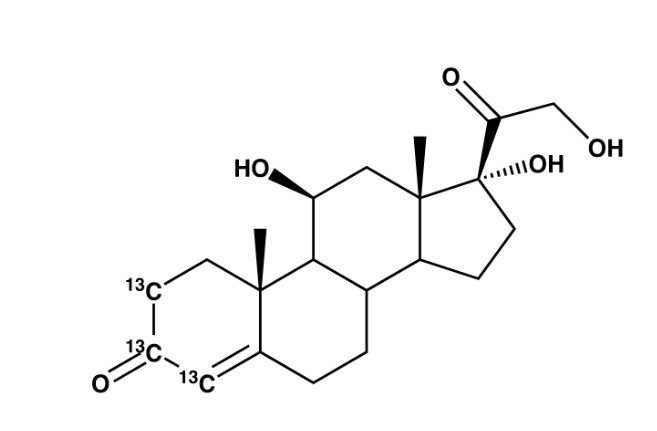The Effect of Childhood Trauma on Cortisol Levels
DOI:
https://doi.org/10.58445/rars.60Keywords:
childhood trauma, cortisolAbstract
Traumatic exposure, specifically at a young age, is a very impactful issue and can affect an individual's adulthood. This is due to the brain still being in development, and chronic stress in an individual who's stress response system hasn't fully developed can be problematic to its natural development. Stress will be regulated by cortisol, which is a steroid hormone produced by the adrenal glands. When chronic stress is present, the system may adapt in different ways which can lead to increased or blunted cortisol levels in the long term. Here I explain our current knowledge of how traumatic exposure as a child may impact cortisol levels and how it varies based on the type of trauma. There are many mixed findings due to the stress response system adapting in different ways to different people's traumatic experiences. The results in many cortisol-testing studies may also be affected by experimental factors, the mental state of the subjects during the testing, or based on the method used to measure the cortisol level. As I stated earlier, the two most common patterns are increased and blunted cortisol levels. Some studies even suggest that there is no significant relation between childhood trauma and cortisol levels. When there is a relation, there has also been shown to be variation between the different types of traumas due to some types being more or less detrimental on the stress response system's functioning. In this review, I summarize and analyze many findings in order to determine childhood trauma's effects on cortisol levels based on our current knowledge, and how they may vary based on the type of trauma.

Downloads
Posted
Versions
- 2022-12-19 (2)
- 2022-11-03 (1)
Categories
License
Copyright (c) 2022 Tahmid Khan

This work is licensed under a Creative Commons Attribution-NonCommercial-NoDerivatives 4.0 International License.

